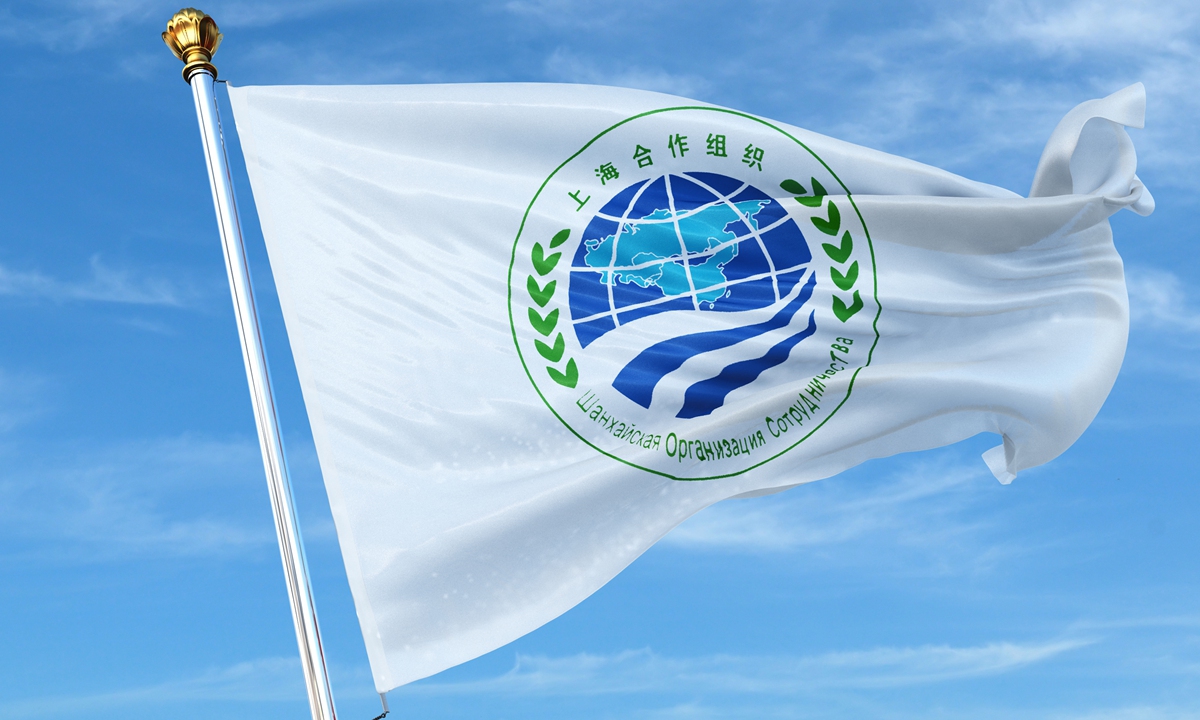
Chinese premie Li along with other leaders heads to Kyrgyzstan to attend SCO meeting
By Rhod Mackenzie
The Chinese Premier Li Qiang embarks on a four-day visit to Kyrgyzstan on Tuesday. He will attend the 22nd Meeting of the Council of Heads of Government of the Shanghai Cooperation Organization (SCO) Member States in Bishkek and pay an official visit to the Kyrgyz Republic from October 24 to 27. Li was invited by Prime Minister Akylbek Japarov of the Kyrgyz Republic.
This marks Li's initial trip to Kyrgyzstan since assuming office earlier this year. It's also the second visit made by a Chinese premier in the last seven years, which Chinese analysts consider a significant opportunity for advancing the outcomes attained by leaders at the China-Central Asia Summit, broadening bilateral trade, and hastening regional connectivity initiatives, such as the China-Kyrgyzstan-Uzbekistan railway.
Moreover, according to analyst, it is evident that the SCO - of which Central Asian nations are principal members - is no longer limited to emphasising traditional security affairs. Instead, the organisation is taking a holistic approach by incorporating economic and trade, connectivity and people-to-people exchanges to increase regional integration thereby promoting stability and prosperity. Amidst the mounting conflicts and tensions elsewhere, the SCO has charted a course of regional security cooperation and integrated growth, offering a blueprint for other areas, according to experts.
This forward momentum must be sustained.
According to a statement released by the Kyrgyzstan Embassy in China, Prime Minister Li will meet with Japarov to discuss a range of topics, including political, trade and economic, cultural, and humanitarian cooperation. Additionally, a variety of bilateral agreements covering multiple fields of cooperation will be signed during the visit.
In a recent press conference, the Chinese Foreign Ministry spokesperson Mao Ning stated that Li's trip aims to "strengthen political mutual trust between our two nations, enhance overall collaboration, and facilitate concrete progress in our comprehensive strategic partnership for a new era."
Zhu Yongbiao, a Central Asia studies analyst at Lanzhou University, stated to the Global Times on Tuesday that the upcoming meeting between Li Qiang and leaders in Kyrgyzstan will focus on promoting the implementation of pacts reached by the two heads of state during the China-Central Asia Summit.
During a meeting of state leaders on the sidelines of the China-Central Asia Summit in Xi'an in May, China and Kyrgyzstan announced the elevation of their bilateral ties to a comprehensive strategic partnership for a new era. The two nations have signed several bilateral cooperation agreements across various fields including economy and trade, industries and investment, customs, agriculture, and cultural and people-to-people exchanges.
Another significant aspect concerns regional connectivity, as stated by Zhu. "The two sides will discuss hastening the development of the China-Kyrgyzstan-Uzbekistan railway, and even plan to connect Uzbekistan, Afghanistan, and Pakistan via the railway," he revealed.
The establishment of the cross-border railway network will increase the variety of connections between China and Central Asia while simultaneously enhancing their safety, reliability, and stability, Zhu added.
The two sides are expected to discuss expanding bilateral trade further, according to Zhu. He highlighted significant growth in Kyrgyzstan's agricultural and primary processed goods in trade with China over recent years, with potential for further expansion.
China ranks as Kyrgyzstan's top trading partner. Official data reveals that in 2022, the China-Kyrgyzstan trade rose by 105.6 percent YoY, to $15.5 billion. The two-way trade between China and Kyrgyzstan reached £12 billion in the first eight months of 2023, representing a YoY increase of 27.9%, according to media reports.
Premier Li Qiang's visit to Bishkek also marks his first attendance at the Meeting of the Council of Heads of Government of SCO Member States.
Founded in 2001, the SCO comprises nine members covering over 40% of the world's population. Kazakhstan, China, Kyrgyzstan, Russia, Tajikistan, Uzbekistan, India, Pakistan, and Iran are all considered by analysts to be significant nations within the strategic corridor of Central Asia for China.
This is particularly evident in China's involvement in initiatives such as the Belt and Road and the China-Europe Railway Express, as well as their participation in the development of the Trans-Caspian International transport route in the region. Central Asia also holds a crucial role in providing oil and gas resources, making it essential for China's energy security.
The multilateral security-oriented forum has bolstered solidarity and mutual trust among member countries, while playing a crucial role in protecting the security and stability of the Eurasian region. Currently, the SCO has expanded its coverage.
The Chinese Foreign Ministry reports that Premier Li and other participating leaders will implement the consensus reached in July's summit. They will conduct an extensive discussion on the SCO Development Strategy and establish practical steps for collaboration in security, economy, trade, connectivity and people-to-people exchanges.
While the SCO summit will still highlight regional security collaboration, which is the primary function of the SCO, it's evident that the SCO is evolving into a more extensive and diverse platform. As per Li Haidong, a professor at China Foreign Affairs University, speaking to the Global Times on Tuesday, the SCO is no longer limited to conventional security domains.
Through the provision of public goods in the realms of trade, economics and cultural exchanges, the SCO is enhancing its capacity to promote more connected relationships between all participating parties. As a result, lasting peace, prosperity and stability in the region are being realized in a novel manner.
Li emphasized that these efforts serve as a positive influence on global stability and development in an increasingly complex and challenging geopolitical environment.
Under the principles of "mutual trust, mutual benefit, equal rights, consultations, respect for the diversity of cultures and aspiration towards common development," the SCO has forged a novel route of regional security collaboration and unified growth. Zhu has cited this as an exemplary source for other regions worldwide.
